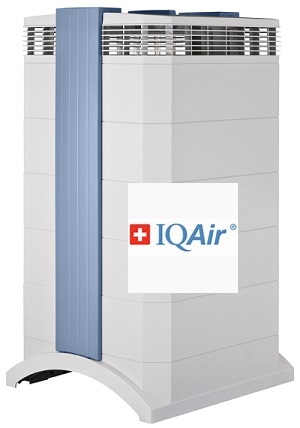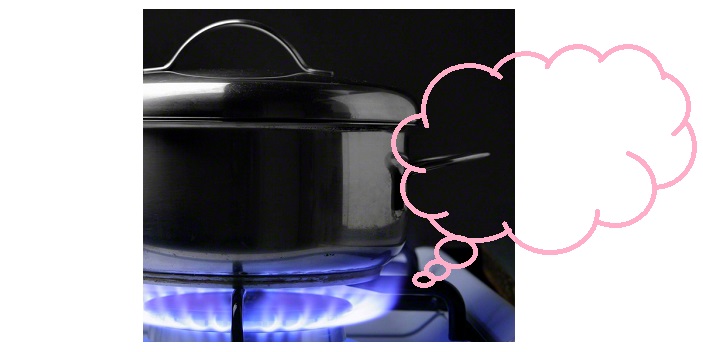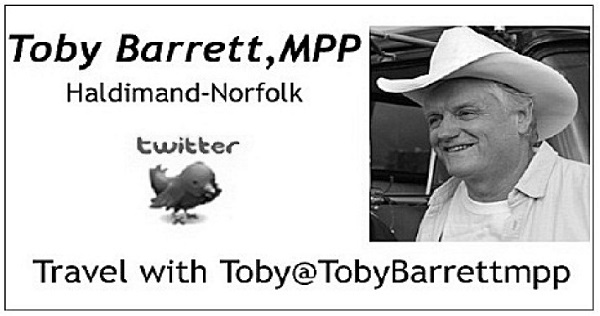Natural gas is an important fuel used for heating and cooling in more than half of all North American homes. But methane, the key component in natural gas, is highly explosive and can become deadly when uncontrolled. Back in 2014, a natural gas explosion in two apartment buildings in New York killed eight people and injured 70 others.
 In addition to the risk of explosion, the smell of natural gas can make many people ill. Hundreds of residents of Porter Ranch, near Los Angeles, were recently sickened by a natural gas leak from a nearby underground storage facility a mile away. The cause of their headaches, nausea and nosebleeds was mercaptan, the chemical added to natural gas that smells like rotten eggs.
In addition to the risk of explosion, the smell of natural gas can make many people ill. Hundreds of residents of Porter Ranch, near Los Angeles, were recently sickened by a natural gas leak from a nearby underground storage facility a mile away. The cause of their headaches, nausea and nosebleeds was mercaptan, the chemical added to natural gas that smells like rotten eggs.
What is natural gas?
Natural gas is composed primarily (95% or more) of methane, a colorless, odorless, non-toxic flammable gas. Methane is emitted from natural sources such as wetlands and also from industrial and agricultural processes.
Because methane is odorless, an additive known as mercaptan, or methanethiol, is added to natural gas to make the presence of methane detectable. Mercaptan additives contain sulfur, which is the reason natural gas smells like rotten eggs. Exposure to mercaptan can result in a variety of adverse health effects, including irritation of the eyes, skin and respiratory tract. Natural gas can also contain small amounts of potentially harmful volatile organic compounds (VOCs) such as ethane, propane, butane and even toxic compounds such as benzene and toluene.
Methane cannot be filtered. Mercaptan and VOCs can. Unfortunately, methane is not just dangerous – it’s also unfilterable. Adsorption and chemisorption, the two processes by which gas and odor air filters remove chemicals from the air, are ineffective against methane, which has an extremely low molecular weight. As a result, the only effective strategies for reducing indoor methane levels are source control/reduction and increased ventilation.
Mercaptan and VOCs, however, can be efficiently filtered with a high-performance air filtration system with a combination of high quality activated carbon and potassium permanganate – such as the IQAir HealthPro Plus or GC MultiGas (at right) room air purifier. The activated carbon provides adsorption of VOCs, and the potassium permanganate provides excellent chemisorption of mercaptan and many other VOCs, such as formaldehyde. The combination of these two filtration media is ideal.

Importance of monitoring methane levels.
Because methane is so highly explosive, high-performance air filtration to remove the odors associated with natural gas (mercaptan) is not recommended unless sufficient monitoring with a methane detector has determined that levels are safe. Methane detectors, also known as explosive gas detectors, can be purchased at hardware and home-supply stores.
This article is brought to you by The IQAir Group, friends of the Silo who develop innovative air quality solutions for indoor environments around the globe. IQAir is the exclusive educational partner of the American Lung Association for the air purifier industry.



